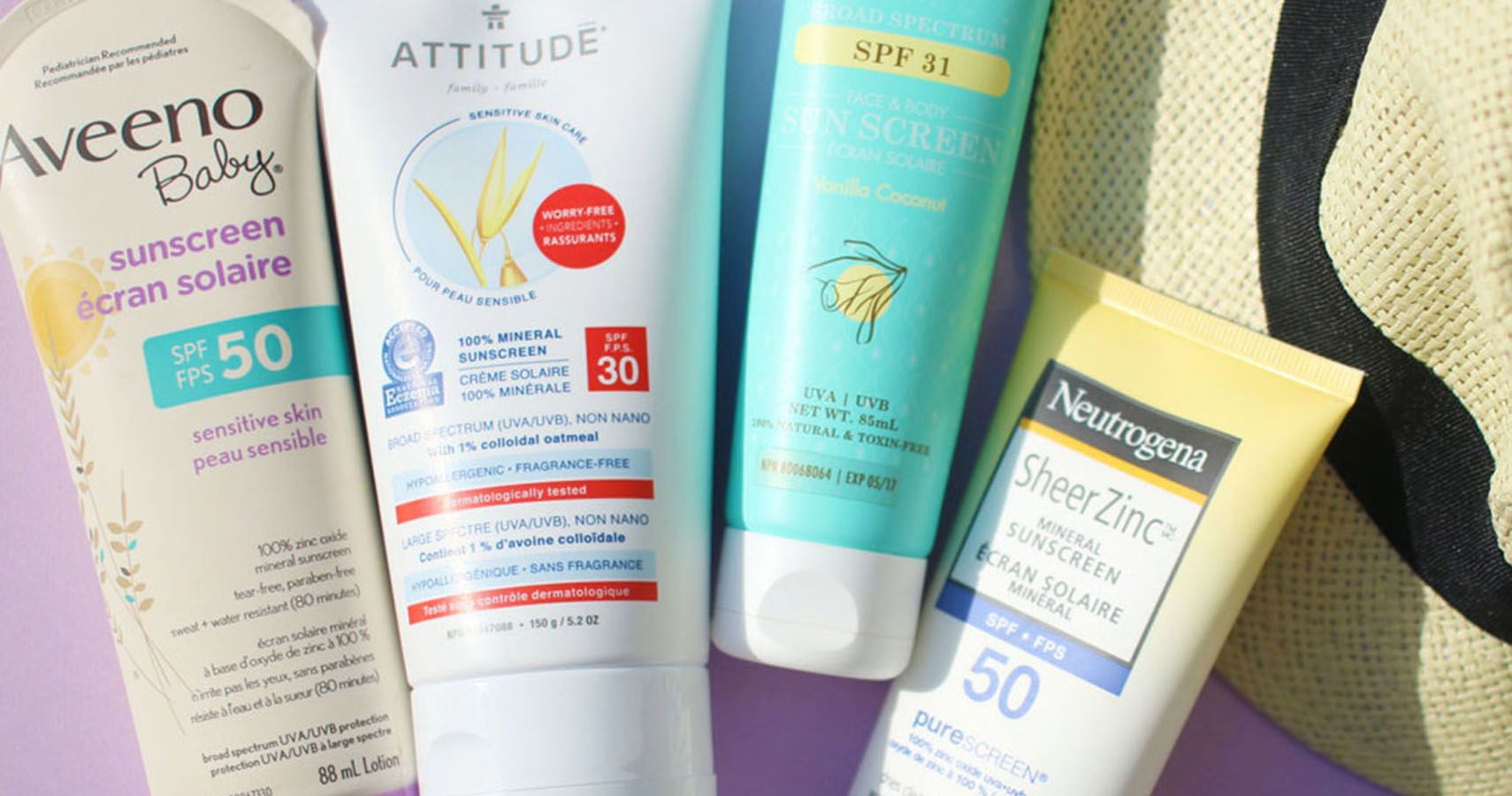Eczema is a skin condition that leaves dry and itchy patches of skin on the bodies of sufferers. In some severe cases, the skin can even crack and start to bleed, which is obviously not pleasant, especially for our little ones. It is estimated that 1 in 5 children will develop eczema, with the first symptoms cropping up before an infant turns 2. Thankfully, most kiddos will grow out of this painful and frustrating skin condition as they get older, but treating it while it is in full force is extremely important for keeping a baby feeling comfortable and happy.
The spots on the skin where eczema flare-ups happen become extra sensitive, and this can make summer very complicated, especially for new parents. Summer is a time of outdoor play, fun in the pool, and lots of time spent in the sun. Unfortunately, most of the outside activities that take over our lives in the summer can irritate the skin and make eczema worse. Chemicals in pools are a known irritant, and adding a sunburn to already ultra-sensitive skin sounds truly brutal. Luckily there are many ways to protect a baby's affected skin from the elements in the summertime.
Naturally, it is best to simply cover up this skin when a tot is heading outside, using lightweight long sleeve tops or bringing an umbrella for some shade on the go. But sometimes there is no other option than to expose the skin to the sun, so it is crucially important to find a good sunscreen to protect a little one. But keep in mind, sunscreen can only be used on babies who are 6 months or older, so if you have a newborn, keep them out of the sun entirely!
For babies who are older than 6 months, the best sunscreen for sensitive skin with eczema is one that is mineral-based, containing titanium dioxide or zinc. These sunscreens reflect the suns rays, while their chemical absorbing counterparts actually absorb the UV rays. Those who have eczema have said that mineral-based sunscreens have been better for their sensitive areas, compared to the other type. It is also important to choose a sunscreen that has a high SPF (50+) and one that is free of added scents or dyes, as these can further irritate already agitated skin.
Keep in mind that every individual will react in a different way to products, so it is recommended that you perform a patch test to see if a reaction occurs before slathering a baby with the best sunscreen for their skin.
Finally, before applying any sunscreen it is perfectly alright to apply creams (prescribed or not) to soothe affected areas, but you should wait at least 30 minutes before applying sunblock on top, to give both products the best chance to do the best job that they can.

